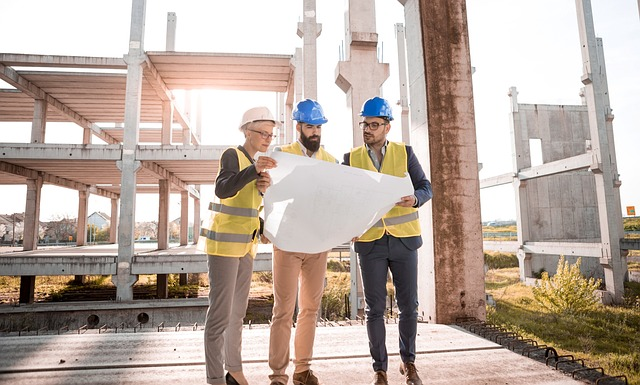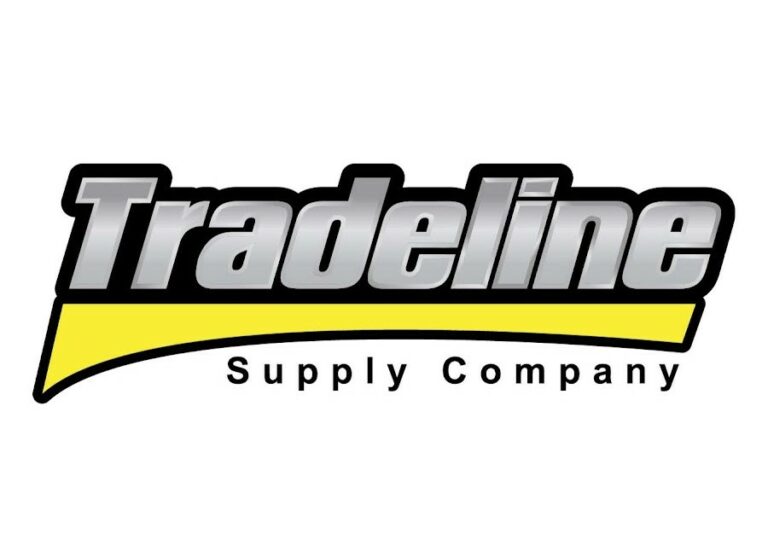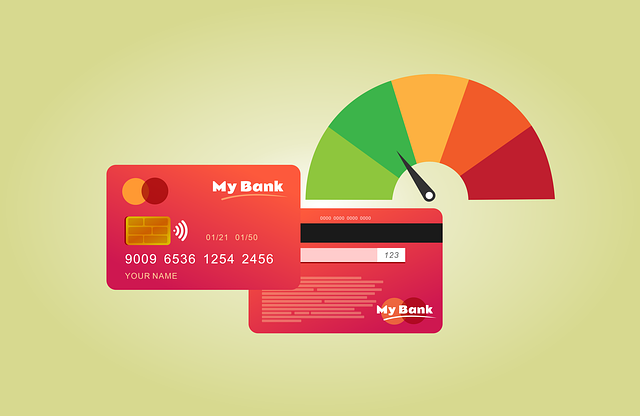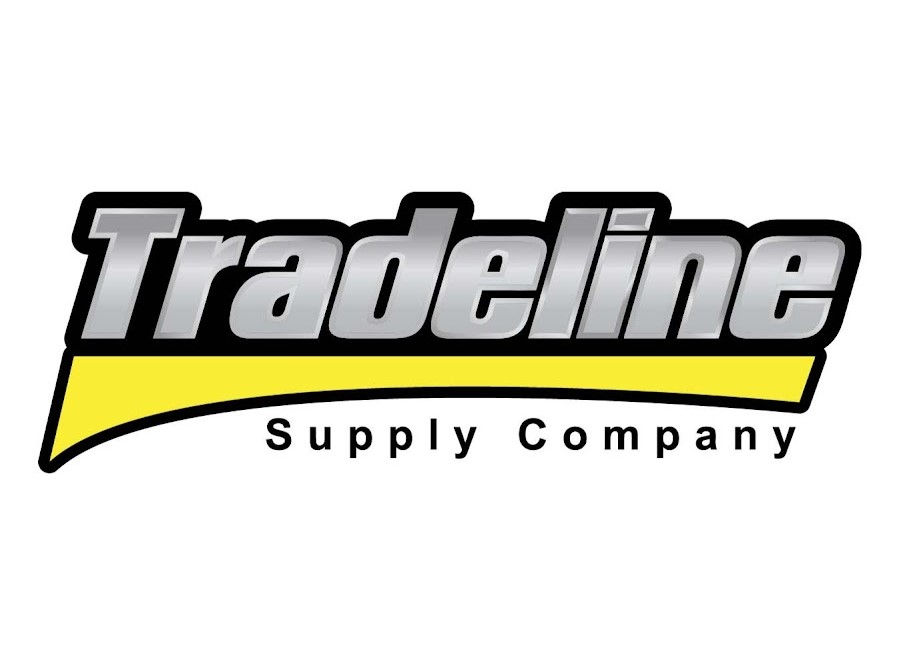What are Commercial Construction Loans?
Commercial construction loans are a type of financing specifically designed to provide funds for building or renovating commercial properties. These loans cater to businesses that need capital to construct or upgrade their facilities, such as office buildings, retail spaces, or warehouses.
Expenses can quickly add up. That’s where commercial construction financing comes in handy. They offer short-term funding that covers various costs associated with the project, including materials, labor, permits, and other necessary expenses.
Before approving a commercial construction loan, lenders carefully assess both the feasibility of the project and the qualifications of the borrower. They want to ensure that the project has a high chance of success and that the borrower can repay the loan.
Pros and Cons of Commercial Construction Loans
Pros:
- Provide necessary funding for commercial construction projects.
- Can be tailored to fit the unique needs of each project.
- Allow businesses to expand or upgrade their facilities.
Cons:
- May have higher interest rates compared to traditional mortgages.
- Require thorough documentation and financial scrutiny during the application process.
- Short-term nature may necessitate refinancing or transitioning into long-term financing after construction completion.
How do Commercial Construction Loans work?
Commercial construction loans operate differently than standard business loans. Here are some of the unique aspects of how these loans work.
Project Feasibility
Project feasibility is a critical factor in commercial construction loans. Lenders assess the viability and profitability of a project before approving the loan. They evaluate factors such as the location, market demand, potential returns, and the borrower’s experience and financial stability.
Feasibility studies, including market analysis and financial projections, are typically required to demonstrate the project’s potential success. Lenders want to ensure that the loan will be repaid and that the project will generate sufficient income to cover expenses and generate a profit.
Fund Disbursement: Draw Schedule
Commercial construction loans use draw schedules instead of a one-time disbursement, unlike traditional loans. They outline the timeline and amounts of funds that will be disbursed to the borrower throughout the construction process.
Typically, draw schedules are based on specific milestones or stages of completion, such as the completion of the foundation or the framing of the building. This ensures that the borrower receives the necessary funds at each stage to cover construction costs and allows the lender to monitor the project’s progress.
Interest-Only Payments
During the construction phase, borrowers may only need to make interest-only payments. This can help with cash flow during the project. Once the project is completed, these typically transfer from construction to permanent loans. For example, it may convert into a traditional commercial real estate loan, where the borrower starts making principal and interest payments.
What are the Best Commercial Construction Loans?
Here are the most advantageous and widely used construction business loans.
SBA Construction Loans
SBA construction loans, backed by the US Small Business Administration, are a type of financing option to help small businesses fund their commercial construction projects. These loans are designed to support businesses needing construction funding and often come with favorable terms and lower interest rates.
- SBA 7(a) Loan: This loan program provides up to $5 million with terms of up to 25 years. Interest rates start at Prime + 2.75%. Small business owners can use the funds for most business purposes, including commercial construction.
- SBA 504/CDC Loans: This is one of the most popular commercial construction loan options. Approved businesses can get up to $5.5 million per project. It requires working with a Certified Development Company (CDC). The loan proceeds must be used for commercial property (new construction or renovation) or other fixed assets.
Conventional Loans
Banks, credit unions, or financial institutions offer conventional or traditional commercial construction loans without government backing. These loans have fixed interest rates and require collateral as security. They are popular among established businesses with a strong credit history.
Alternative Loans
Alternative business loans are a valuable option for commercial construction projects. These loans provide an alternative to conventional financing options and can be particularly useful for small businesses or startups that may not qualify for traditional bank loans.
Online lenders offer flexible terms and faster approval processes, allowing businesses to secure the necessary funds quickly. These loans often have less stringent credit requirements, making them accessible to a broader range of borrowers. Alternative business loans can be a lifeline for commercial construction projects needing financial support.
Mezzanine Financing and Joint Ventures
Another alternative financing option is mezzanine financing. The process involves obtaining a loan that is subordinate to the primary mortgage. This means that if your project faces financial difficulties, the lender of the mezzanine loan will have priority in recovering their investment before other lenders.
Joint ventures are another possibility. In this process, you partner with an investor who provides the necessary capital in exchange for a share of ownership or profits.
What are the costs of Business Construction Loans?
There are a few important construction business loan cost factors to consider: interest rates, down payments, and fees. Let’s dive into these aspects to help you better understand what to expect when seeking financing for your construction project.
Interest Rates
Borrowers must pay interest on these loans. Interest rates for commercial construction loans can vary depending on several factors. These include the lender you choose and your creditworthiness as a borrower. Typically, lenders will offer both fixed and variable interest rate options. Commercial construction loan rates usually range from 5%-18% but can be higher if you have a low credit score.
Down Payments
Down payments are a crucial component of commercial construction loans as they represent your initial investment in the project. Generally, down payment requirements range from 10% to 30% of the total project cost.
Fees
Various fees accompany commercial construction loans. These fees contribute to the overall cost of borrowing and should be carefully considered before committing to a specific lender or loan program.
Some standard fees associated with commercial construction loans include:
- Origination Fees: These fees cover administrative costs related to processing and underwriting the loan.
- Appraisal Fees: Lenders typically require an appraisal of the property being financed to determine its value before approving a loan.
- Closing Costs: These costs include expenses such as title insurance, attorney fees, and recording fees.
What are the Eligibility Criteria for Commercial Construction Loans?
To qualify for commercial construction loans, there are specific eligibility criteria that borrowers need to meet. Let’s take a closer look at these requirements.
Here are some essential factors to consider when exploring commercial construction loans.
Business Plan: A solid business plan outlining the project’s scope, timeline, and budget is necessary to secure a commercial construction loan. Lenders want to see that borrowers have thoroughly planned their construction project and have a clear vision for its success.
Borrower Qualifications: Lenders also review your qualifications as a borrower. They examine your credit history, financial statements, experience managing similar projects if applicable, and any existing debt obligations. Credit score requirements vary among lenders but generally fall within the range of 680-720 or higher. However, if your score is below that range, there may be options for bad credit business loans to fund your construction project.
Loan-to-Cost Ratio: Lenders consider the loan-to-cost ratio when determining how much they will lend for your project. This ratio compares the total amount borrowed against the total construction cost (including land acquisition costs). Generally speaking, lenders prefer lower ratios as they mitigate risk.
Down Payment Requirements: Similar to residential mortgages or other business loans, commercial construction loans often require a down payment. The specific amount can vary but is typically a percentage of the total project cost.
Collateral: Lenders may require collateral such as the property being constructed or other assets that can be used as security for the loan. This provides assurance to lenders in case of default.
Income Verification: Borrowers must also provide income verification documents, such as tax returns or financial statements, to demonstrate their ability to repay the loan. Lenders want reassurance that borrowers have steady income streams that can cover both their existing expenses and loan repayment obligations.
Experience and Expertise: Having experience in commercial construction can work in favor of borrowers seeking a construction loan. Lenders prefer working with individuals or businesses with prior knowledge and expertise to complete similar projects successfully.
How do I apply for a Commercial Construction Loan?
There are several steps to follow to prepare and submit a loan application. You can also contact us if you’re ready to apply now.
Gather Necessary Documentation
Gathering all the necessary documentation is essential before applying for a commercial construction loan. This includes construction plans, cost estimates, and financial statements. These documents help lenders assess your project’s feasibility and ability to repay the loan.
Prepare a Detailed Loan Application
Once you have all the required paperwork in order, it’s time to prepare a detailed loan application. This application should highlight the feasibility of your project and demonstrate that you have a solid plan in place for repayment. Be sure to include information about your experience in the industry and any relevant qualifications or certifications.
Submit the Application
After completing your loan application, it’s time to submit it to selected lenders. Make sure to include any required fees or deposits along with your application. It’s always a good idea to research different lenders beforehand and choose ones specializing in commercial construction loans or offering favorable terms. Working with a broker or business loan marketplace (like UCS) can help streamline the process of connecting with multiple lenders.
Be prepared for Due Diligence Processes
Once you’ve submitted your application, be prepared for due diligence processes that lenders may undertake. This can include property appraisals and credit checks. The lender wants to ensure they make a sound investment by approving your loan request.
During this stage, it’s crucial to be responsive and provide any additional information or documentation requested promptly. This will help expedite the evaluation process and show lenders you are serious about securing financing for your commercial construction project.
Frequently Asked Questions
Here are the most common questions about the best commercial construction loans.
How long does it take to get a Commercial Construction Loan?
The approval process varies depending on several factors, such as the complexity of your project and the lender’s requirements. It can range from a few weeks to several months. To expedite the process, ensure you have all necessary documentation ready and communicate effectively with your lender.
What are the best ways to use Funds from Commercial Construction Loans?
Commercial construction loans can be a valuable funding source for various construction projects, particularly those involving commercial buildings. But how exactly can these funds be put to good use?
Let’s explore some of the best ways to use commercial construction loan funds.
Purchasing Land, Materials, and Equipment: Funds from commercial construction loans can be used to purchase land, materials, and equipment for the project. This includes acquiring the plot of land and procuring high-quality materials and equipment. Having access to these funds ensures a smooth commencement of the construction process.
Labor Costs & Paying Contractors: Commercial construction loans can be used to cover labor costs and pay contractors involved in the project. These loans allow business owners to allocate funds toward compensating workers and ensuring that everyone involved in the construction process is properly compensated.
Refinancing Existing Debt: Some commercial construction loans can be used to refinance existing debt, offering businesses the opportunity for better terms or lower interest rates. This can result in long-term savings on interest payments.
Can I get a Commercial Construction Loan without experience in construction projects?
While some lenders may prefer borrowers with construction experience, options are available for those without prior experience. Consider partnering with experienced professionals or exploring alternative financing options that consider your specific circumstances.
What are the Alternative Financing Options for Construction Projects?
Traditional commercial construction financing may not be your only option if you’re looking to fund your commercial construction project. There are alternative financing solutions that can complement or even replace these loans, providing you with more flexibility and opportunities to secure the funding you need.
Let’s explore some of these options.
Crowdfunding Platforms
Crowdfunding platforms specifically designed for real estate development projects can be an excellent way to raise funds for your construction project. These platforms allow individuals to invest small amounts of money towards a larger goal collectively. By leveraging the power of many investors, you can gather substantial funds without relying solely on traditional lending institutions.
Equipment Leasing
Construction projects often require expensive machinery and equipment. Instead of purchasing these assets outright, consider equipment leasing options. Leasing allows you to rent the necessary equipment for a specific period rather than buying it upfront. This approach helps conserve cash flow during construction while still having access to essential tools and machinery.
Grants and Tax Incentives
Governments often provide financial support or tax breaks for specific industries or projects, reducing costs and making financing more manageable. You can visit the SBA website or independently research business grants or tax credits for business construction projects.
Best Commercial Construction Loans – Final Thoughts
Undertaking a commercial building project can be daunting for entrepreneurs and small business owners. Fortunately, the best commercial construction loans often provide strategic funding to facilitate the project as it develops.
Highly qualified borrowers should consider SBA loans for their construction funding needs. These government-backed loans often provide the most favorable terms and interest rates. Conventional loans from traditional lenders like banks and credit unions also have low rates, but qualifying can be more challenging.
Alternative and online lenders often provide faster funding times with lower qualifications. You might also consider mezzanine financing or alternative fundraising options like crowdfunding.
Contact us if you have more questions about the best commercial construction loans or are ready to apply. Our funding experts can help you find the best financing options for business construction needs.
















